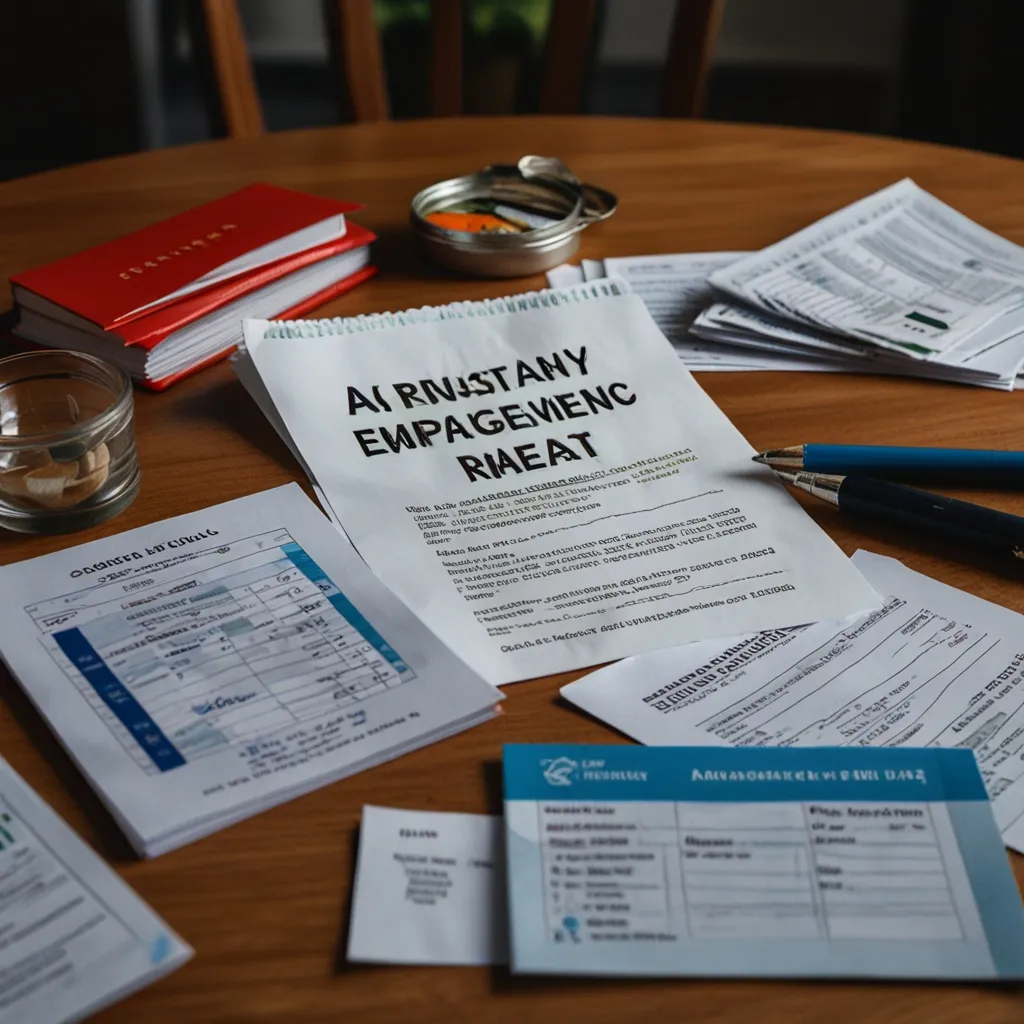Imagine waking up one day and finding out you have $80 billion in your bank account. This mind-blowing amount of money is hard to grasp, even for those with wild imaginations. Let’s break it down and understand what having $80 billion really means, using Mark Zuckerberg’s fortune as a jumping-off point.
First off, imagine being so wealthy that money isn’t a big part of your life anymore. That’s what Zuckerberg claims, although it’s hard to picture for those of us who sweat over bills or save for years for a down payment on a house. With that level of wealth, you could buy Mount Auburn Street, take over posh exclusive clubs, and turn them into something as frivolous as your personal ping pong room. It’s the kind of wealth that transforms your world into a playground of endless possibilities.
But let’s put $80 billion into perspective here. Numbers grow exponentially, and once you get into the billions, they become almost surreal. To start, let’s look at counting. If you were to count to one million, without taking any breaks, it would take you about 23 days. Now, let’s one-up that. Want to count to a billion? Clear your schedule because it would take you 163 years. And to count to Zuckerberg’s $80 billion? You’d need 13,000 years. That’s so far back in time that you’d be counting from an era when human civilization hadn’t even formed, and Europe and North America were blanketed by miles of ice.
Numbers are just the beginning. What about practical examples of what this money can do? Picture skyscrapers and sprawling real estate. There are cities where the entire property market isn’t even worth $80 billion. You could buy massive companies outright. Consider that a typical Fortune 500 company, highly influential and worth billions in its own right, could be pocket change in the face of $80 billion.
Now, let’s talk about more relatable spends. Buying fancy cars, luxurious homes, or even your private islands becomes mundane with that kind of money. You could splurge on 100,000 Tesla Model S cars, each costing around $80,000. Or how about 400,000 gold-plated iPhones? With $80 billion, you could buy something exclusive for nearly every person in a mid-sized city.
What if you want to make a difference? Your impact could be spectacular. Think about philanthropy on a grand scale. $80 billion could tackle massive global issues like poverty, education, or disease. You could virtually eradicate hunger in several countries, fund groundbreaking medical research, or revolutionize education systems on multiple continents. You wouldn’t just support charities, you’d transform them.
Investments are another avenue. Imagine investing with even a conservative return. Putting $80 billion into low-risk investments that offer a mere 5% return annually would give you $4 billion a year. With that, you could still swing back $11 million every single day – none of your principal amount touched.
But there’s more to this than just epic spends and philanthropy. Think about employment. If you decided to start a business, you could employ thousands, even tens of thousands of people. Your own Amazon or Google, providing livelihoods and boosting economies. We’re talking about creating an environment where people not only earn their keep but thrive under better conditions than they would in most jobs today.
In terms of everyday luxury, your lifestyle would be radically changed. From flying only in first-class lounges to owning the jets themselves, from five-star dining to having personal Michelin-star chefs at your beck and call – life would be a perpetual upgrade. No more lines, waiting, or compromise.
But here’s a redeeming thought: even with all this wealth, it’s important to remember that money can’t buy everything. Meaning, connection, and happiness don’t come with a price tag. For people like Zuckerberg, who have this staggering wealth, staying grounded or finding fulfillment in other ways is crucial. Whether through philanthropy, pursuing passionate projects, or finding solace in family and friends, having so much money doesn’t mean the basics human experiences are any less important or sought after.
Being filthy rich as having $80 billion opens many doors and creates immense potential to alter lives, industries, and markets. But the challenge lies in wielding this power responsibly. Instead of a simple notion of buying Mount Auburn Street or an exclusive club for fun, the real takeaway here is understanding how monumental such wealth is. It’s a chance to see beyond the numbers and ponder profound choices and opportunities such extraordinary resources bring to those who hold them.






